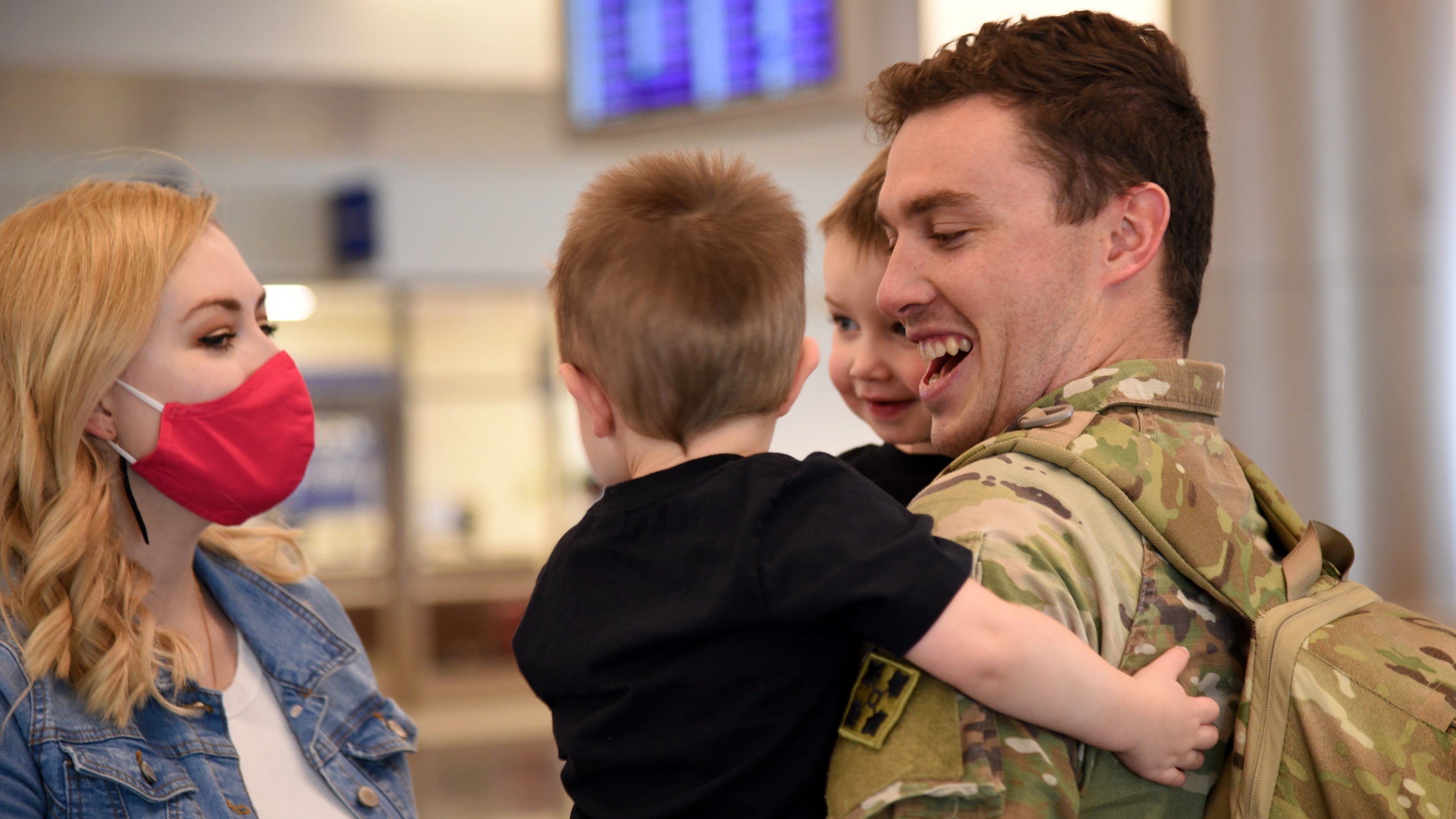Demand Increases for Virtual Resources in Pandemic
Demand Increases for Virtual Resources in Pandemic

The Pentagon continues to look for ways to provide service members and their families with access to counseling and other resources during the COVID-19 pandemic, officials said.
“Our military family resources are especially critical during the pandemic,” Kim Joiner, deputy assistant secretary of defense for military, community and family policy, said recently during a virtual media roundtable. “To better serve our service members and their families during this challenging time, [we] significantly enhanced our support efforts in every aspect of our portfolio.”
This includes transitioning more than 1,800 counselors in the Military and Family Life Counseling Program from face-to-face counseling to virtual counseling, Joiner said. In October, DoD also launched the My Military OneSource mobile app, available for download on smartphones and tablets, to provide users with easier access to information, support and referrals, she said.
The demand for support and counseling has increased, and the rise began before the COVID-19 pandemic, said Lee Kelley, director of DoD’s military community support programs. She added that relationship problems continue to be the top reason service members and families seek counseling through military programs.
One of several initiatives rolled out by DoD over the past year is a new “relationship campaign” designed to “pull back the curtain on what relationship support looks like for couples in the military” and to adjust this support if needed, Kelley said
Relationship support is “the top reason service members and families seek nonmedical counseling,” Kelley said. “That need has not gone away during the pandemic.” Nonmedical support falls under a mental wellness umbrella that includes support for issues such as relationships, anger, communication, grief and loss, she said.
Access to virtual counseling for nonmedical issues is available through the Military and Family Life Counseling Program, which went virtual because of the pandemic, or through Military OneSource, a 24/7 one-stop-shop for a variety of services for military families that has always been almost entirely virtual.
In fiscal 2019, Kelley said, relational problems accounted for 34% of sessions through the Military and Family Life Counseling program and were 57% of sessions through Military OneSource. In fiscal 2020, each program, respectively, reported 38% and 56% of sessions related to relationships, Kelley said.
“The demand has always been in existence,” she said, explaining that with Military OneSource, “we've continued to see a rise in utilization of service members and families accessing the service. That rise did not start with COVID-19.”
For more information on Military OneSource or Military and Family Life Counseling, click here.

